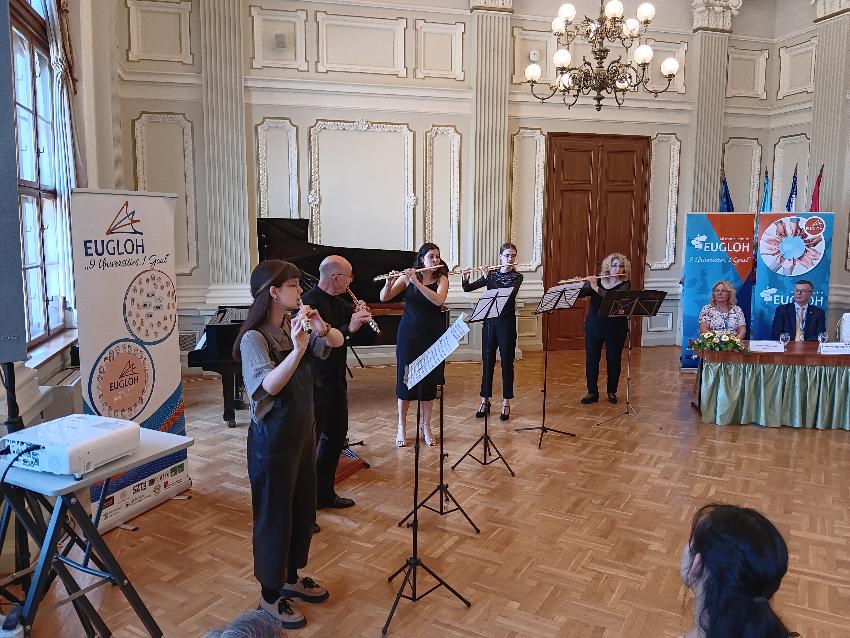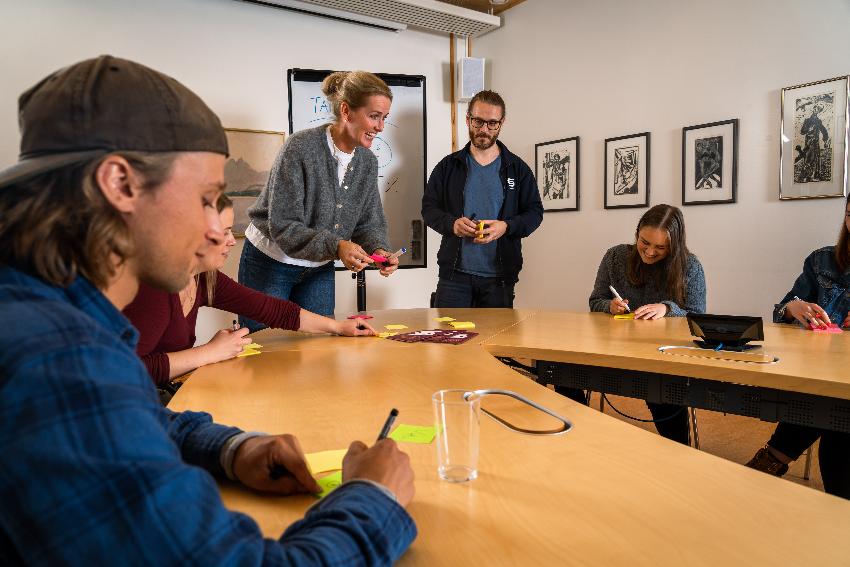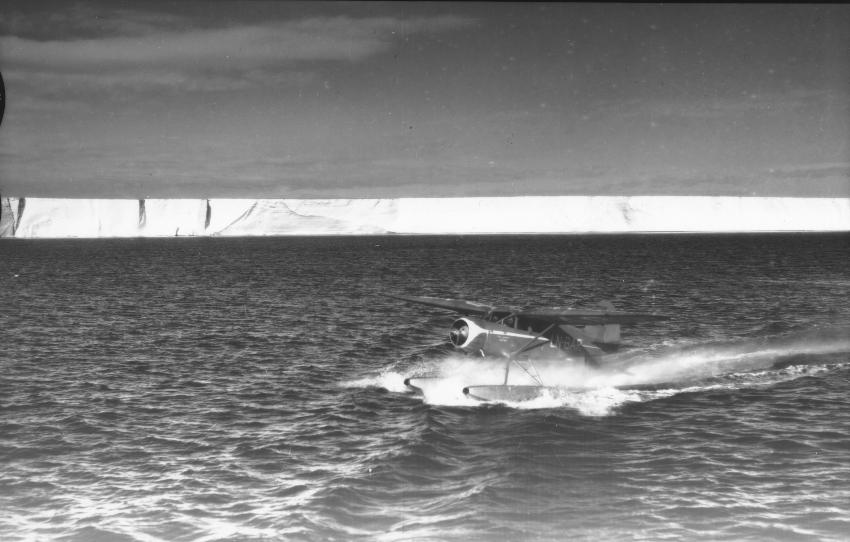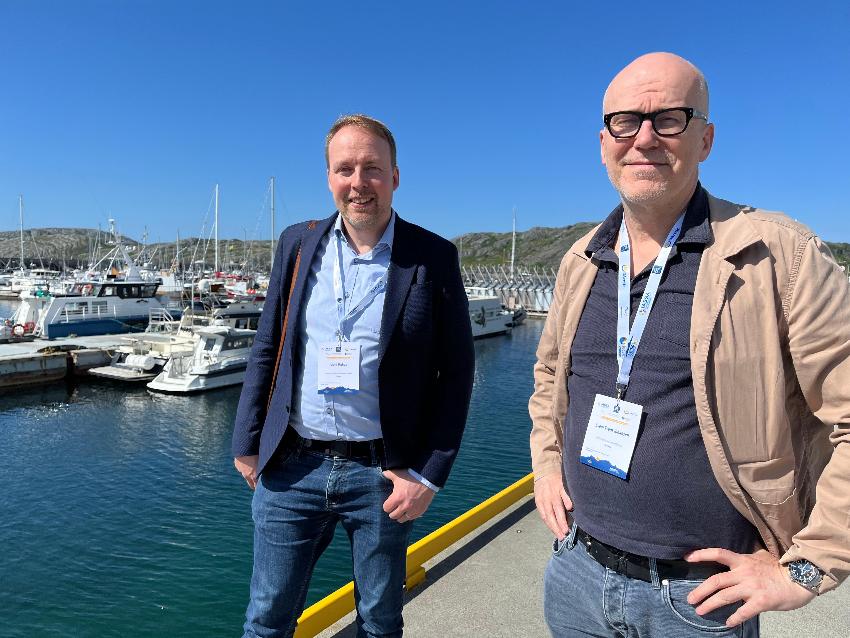Often asked: “How do you do research on the Law?”
The Arctic Frontiers conference is one of the biggest of its kind in the world – and a place where some of the most important politicians and researchers in the world meet.
From the Faculty of Law, researchers from the Jebsen Centre for the Law of the Sea (JCLOS) will take part in several events.
- Doesnt't the laws exist already?
Most people can understand how you do research in the field of biology and science. But how to understand research in Law? Professor in Law of the Sea, Tore Henriksen tries to explain.
– Sometimes people who are not lawyers ask me: “How do you do research on the Law of the Sea? Doesn’t the laws exist already?”
Not static
– But the Law is not static. When it comes to the Law of the Sea, many of the Laws date back to the 1970’s and the 1980’s. They are very sector based, divided into different areas important of that time. All the different sectors had different rules: one set of rules for pollution, one set of rules for fisheries, one set of rules for shipping, etc.
– Today, we have a different way to think about it. We acknowledge that all these areas are connected – so we need to adapt the laws to new times and new challenges – to make more of a fusion of the law system, Tore Henriksen explains.
Shipping in the Arctic
On Monday, professor Henriksen will be the moderator of a side-event on Shipping in the Arctic at the conference Arctic Frontiers.
The prospect of regular international shipping through Arctic waters is probably the most topical issue at the moment. The retreat of the sea ice provides for shorter routes between Europe and Asia and for transport of resources etc. to/from the region. Professor Tore Henriksen will give you an update of the big picture.




